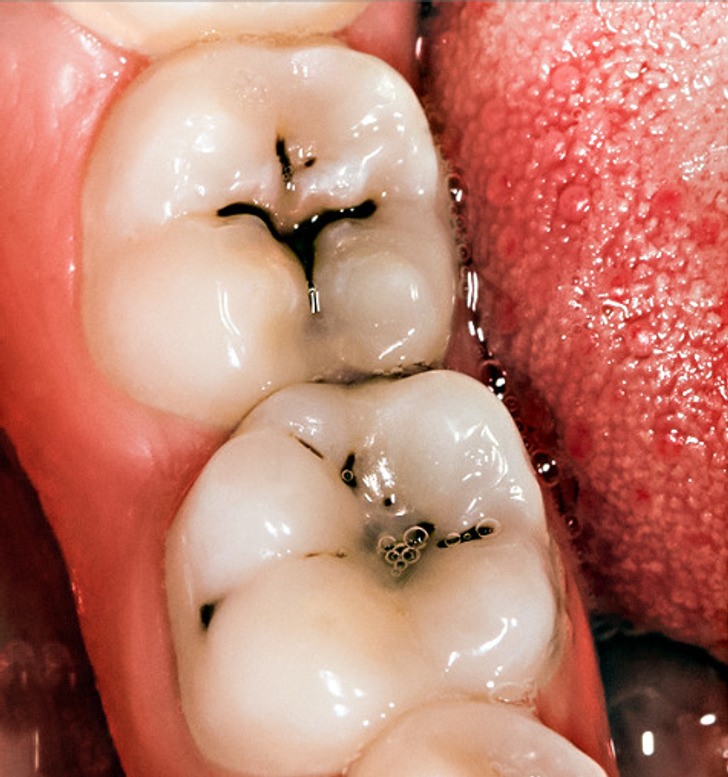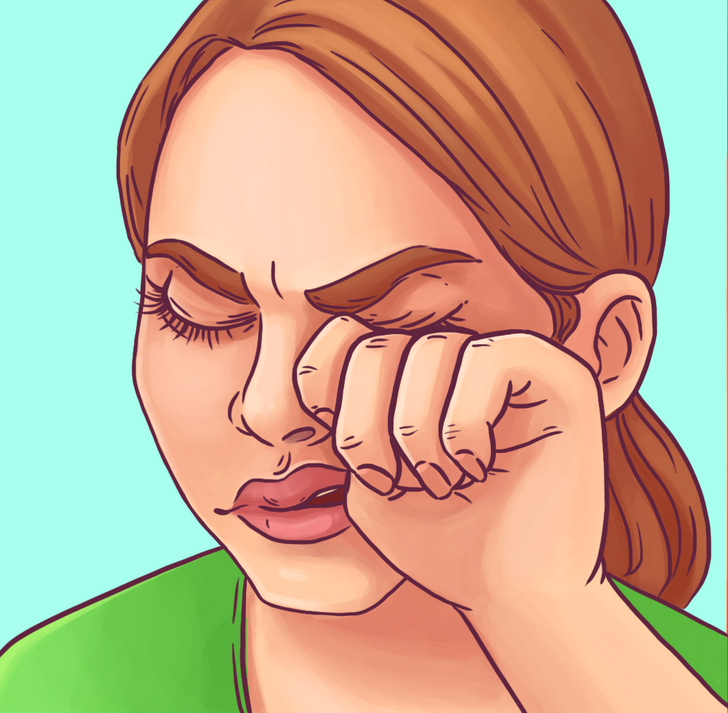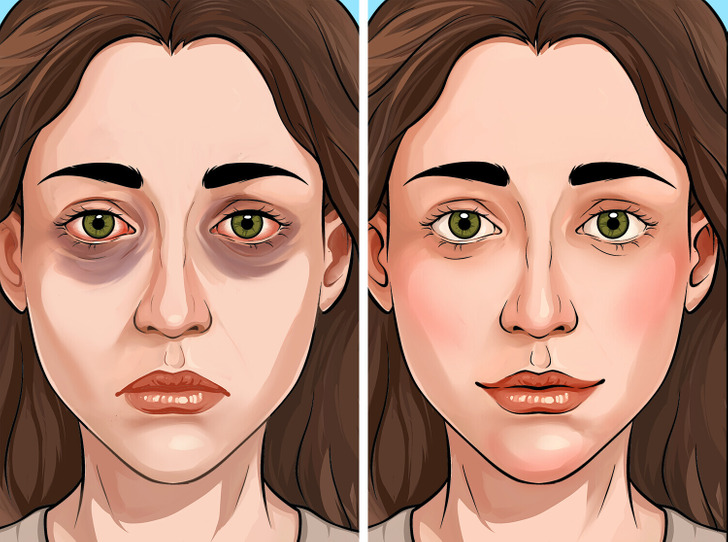Val Kilmer, Beloved Star of Top Gun, Passes at 65 — Fans Refuse to Believe It


Recognizing the early signs of dementia isn’t always easy — they often hide behind what feels like everyday forgetfulness, mood swings, or simple fatigue. But these subtle changes can be the brain’s quiet way of asking for help.
The sooner we learn to notice these early red flags, the better we can support those affected — with understanding, care, and timely medical attention.
CONTENT IS PROVIDED FOR INFORMATIONAL PURPOSES ONLY AND IS NOT INTENDED AS A SUBSTITUTE OF MEDICAL ADVICE. SEEK GUIDANCE OF YOUR DOCTOR REGARDING YOUR HEALTH AND MEDICAL CONDITIONS.

Urinary incontinence is a common physical symptom of dementia, especially in later stages. A person may fail to reach the bathroom in time, forget they need to go, or lose control of their bladder. They might also struggle to find the toilet, particularly in unfamiliar settings. This can cause embarrassment, distress, and a need for constant assistance.

Routine activities that once felt effortless can become overwhelming for someone with dementia. Simple tasks such as dressing, cooking, or bathing may turn confusing as the brain loses its ability to sequence steps or recall necessary actions. A person might forget the correct order for putting on clothes, struggle to prepare a basic meal, or neglect hygiene due to memory lapses.
These difficulties often lead to increased dependence on caregivers, highlighting the progressive nature of the condition.

Alzheimer’s is the most common cause of dementia, which affects memory, planning, and organization skills.
Maintaining good oral health is crucial, not just for a bright smile, but also for your brain health, especially when it comes to Alzheimer’s disease. Research has shown that a bacterium, linked to gum disease, has been found in the brains of Alzheimer’s patients. This bacterium produces harmful substances that can damage brain cells, leading to the buildup of proteins that cause memory loss and cognitive decline, two major symptoms of Alzheimer’s.
Poor oral hygiene could contribute to these symptoms, as bacteria from the mouth can travel to the brain, making it even more important to take care of your teeth and gums to potentially reduce the risk of neurodegeneration.

People with dementia may begin to exhibit behavior that seems out of character, disregarding social norms they once followed. This is known as disinhibition, a symptom that occurs when brain changes affect impulse control. As a result, they might make rude or tactless remarks, act inappropriately in social settings, or engage in impulsive actions such as touching strangers or speaking loudly in quiet places.
These behaviors can be distressing for loved ones, but they stem from the neurological decline associated with dementia rather than deliberate intent.

Dementia affects more than memory—it also impairs visual-spatial abilities, making everyday navigation and recognition difficult. Individuals may misjudge distances, struggle with depth perception, or have trouble recognizing familiar faces and objects. These issues can increase the risk of wandering, cause difficulty with reading, and even make driving unsafe.
As visual-spatial decline progresses, a person may lose confidence in their surroundings, further contributing to confusion and disorientation.

People with dementia often experience sleep problems: difficulty falling asleep, frequent nighttime awakenings, and confusion after dark. Many become unusually active in the evening — a phenomenon known as sundowning. Daytime drowsiness can also occur, even after a full night’s rest. These disruptions affect natural sleep rhythms and often increase irritability and anxiety.
Here are some more signs that could point to serious health issues.











